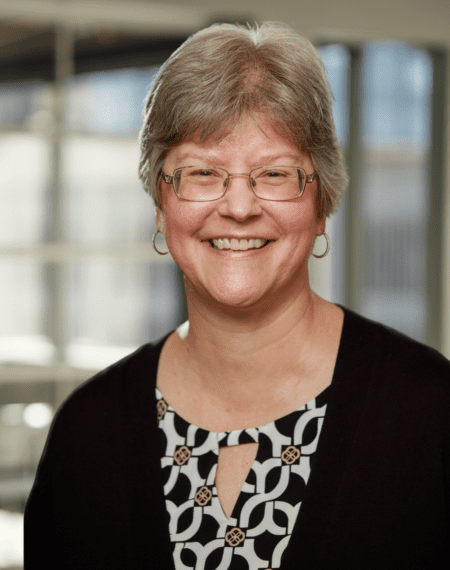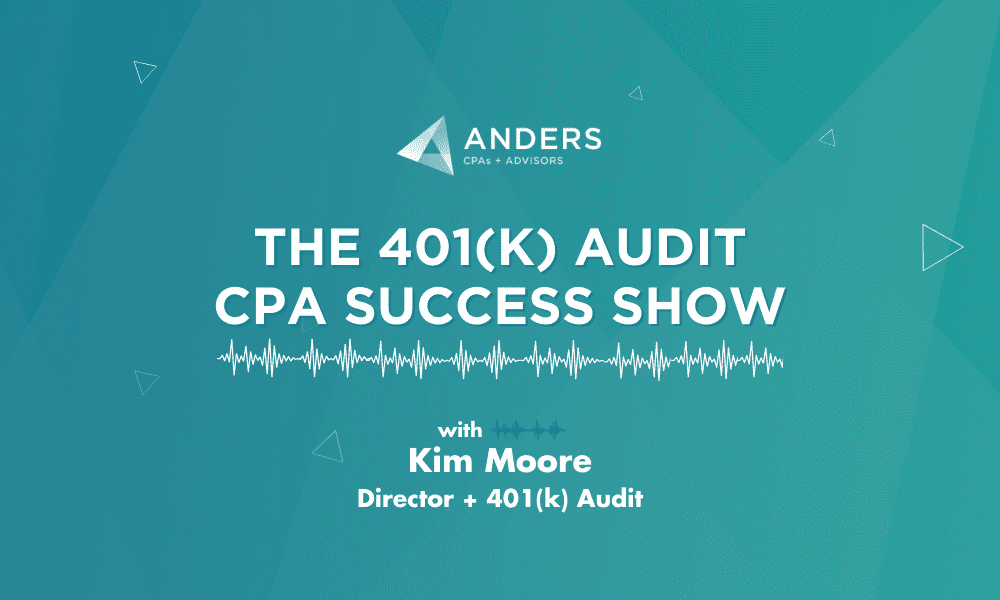As your auditor finishes the testing for your audit, they may identify items that they believe are incorrect or incomplete. They should discuss these items with you to make sure you understand the issues and there is no additional information that could be provided to resolve the issue.
Once you have completed these discussions and have identified the errors made and the cause for these errors, you should review your procedures and revise them as necessary to ensure the issues do not recur in the future. You may need to take action to correct the specific items noted, as well.
INTERNAL CONTROL LETTER
The auditor should provide at the end of the audit a document called an “Internal Control Letter” or set of “Management Letter Comments”. The final agreed issues should be included in this communication. Management should review the document with the staff that administer the 401(k) plan, as well as, those with oversight responsibility to ensure everyone understands the implications of the errors if not corrected and the new procedures that will be implemented going forward.
Please remember that one of the main purposes of the audit is to identify processing errors that occurred.
Blaming the auditor for finding deficiencies defeats the intended purpose of the audit. Listen to what the auditors have to say and don’t hesitate to question their findings if you believe they are not correct.
However, if the auditor can provide specific compliance requirements such as IRS or Department of Labor regulations, or ERISA components that support their arguments, make sure you pay attention to their logic.
Ignoring their comments could subject the plan, plan sponsor (company offering the 401(k) Plan to employees) and/or you as the plan trustee/administrator to fines, penalties and even criminal action.
Some deficiencies, if not addressed, can lead the Plan to be deemed “not qualified” which can impose tax penalties on all participants.
YOUR AUDITOR CAN HELP YOU TO WORK THROUGH THE DEFICIENCIES
Work with your auditors to understand the work they completed, why they believe an item is an issue and what is the best and most efficient way to correct any errors noted. Wouldn’t you rather have an issue identified by your auditor so you can take proactive corrective action versus having the issue identified by a regulator?
That could cause additional administrative time and incur fines and penalties, or worse yet, have the error identified by an employee which could lead to legal action against the plan, plan sponsor, or the plan trustee/administrator.
Hiring a CPA firm that specializes in 401(k) auditing will make a difference in how smoothly your audit goes. Utilizing modern technology, it is possible to assist you entirely “off-site”, and with little or no distraction to your daily office routine. At Anders CPAs + Advisors we also offer flat-fee pricing for 401(k) audits so there are no surprises when you receive your bill.
To get started, request a free 401(k) audit consultation below or contact the team at (314)-886-7913 to schedule an appointment.
All Insights


